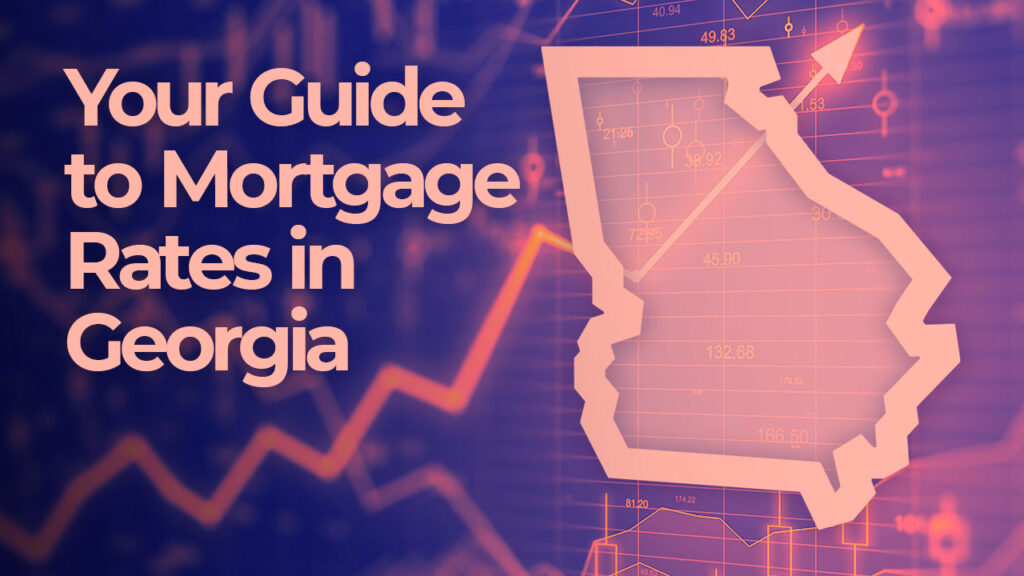Introduction
Small loans marketed as “easy” solutions often lure borrowers with their quick approval and minimal paperwork. However, behind the veneer of convenience lie hidden dangers that can trap unsuspecting individuals in a cycle of debt. This blog post explores these hidden pitfalls and empowers you to make informed borrowing decisions.
High Interest Rates
The seemingly low initial amounts can quickly become overwhelming due to exorbitant interest rates, often exceeding 100% APR. These rates can far outweigh the convenience of the loan. 
Hidden Fees
Many “easy” loans bury borrowers under a mountain of fees, including origination fees, late payment fees, and prepayment penalties. These additional costs significantly increase the overall loan amount.
Short Repayment Periods
Short repayment terms make it difficult to manage monthly payments, especially for those with unpredictable income. Missing payments can lead to further penalties and damage your credit score. Learn more about managing debt.
Debt Traps
The ease of obtaining these loans can lead to a cycle of borrowing, where one loan is used to repay another, creating a never-ending debt spiral. 
Impact on Credit Score
Repeated missed payments or defaults on small loans can severely damage your credit score, making it harder to secure loans or credit in the future. This can affect your ability to rent an apartment, buy a car, or even get a job.
Predatory Lending Practices
Some lenders engage in predatory lending practices targeting vulnerable populations. They may use deceptive marketing tactics or aggressive collection methods. Report predatory lending.
Lack of Transparency
The terms and conditions of these loans are often unclear, making it difficult for borrowers to understand the true cost of borrowing. Always read the fine print carefully before signing.
Difficulty in Comparison Shopping
The ease of access to these loans often makes comparison shopping difficult. Borrowers may not be aware of alternative financing options with better terms.
Understanding Loan Terms
Before applying for any loan, carefully review the APR, fees, repayment schedule, and all other terms and conditions. Don’t hesitate to ask questions if anything is unclear.
Financial Education
Investing in financial literacy can help you make informed decisions about borrowing. Understanding budgeting, credit scores, and debt management is crucial to avoiding debt traps.
Alternatives to Easy Loans
Consider exploring alternative financial solutions, such as borrowing from family or friends, seeking financial assistance programs, or using credit counseling services. Explore budgeting tips.
The Importance of Budgeting
A well-structured budget can help you track expenses, identify areas for savings, and manage your financial resources effectively. This prevents the need for high-interest loans.
Seeking Financial Advice
If you’re struggling with debt or need financial guidance, seek advice from a reputable financial advisor. They can provide personalized solutions based on your circumstances.
Consequences of Default
Defaulting on a loan can have serious implications, including damage to your credit score, legal action, and wage garnishment.
Building Good Credit
Maintaining a good credit score requires responsible borrowing and repayment habits. This makes you a more attractive borrower in the long term.
Long-Term Financial Planning
Creating a long-term financial plan will give you a roadmap for your financial future. This plan includes building savings, setting financial goals, and managing debts.
Conclusion
While “easy” small loans may seem convenient, they often come with significant risks. By understanding these risks and taking proactive steps to manage your finances, you can protect yourself from the hidden dangers of these loans and build a stronger financial future.  Find a financial advisor.
Find a financial advisor.
Frequently Asked Questions
What is APR? APR stands for Annual Percentage Rate, representing the yearly interest rate on a loan.
What happens if I miss a loan payment? Missing payments can lead to late fees, damage your credit score, and potentially legal action.
Where can I get free credit counseling? Several non-profit organizations offer free credit counseling. Search for credit counseling services.
How can I improve my credit score? Pay your bills on time, keep your credit utilization low, and maintain a diverse credit history.


